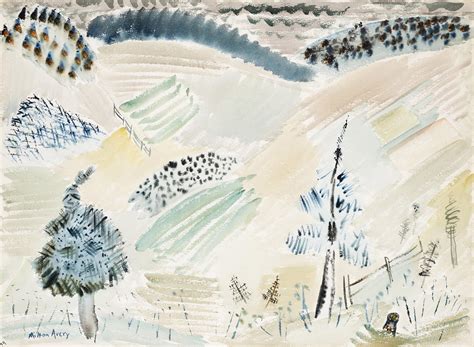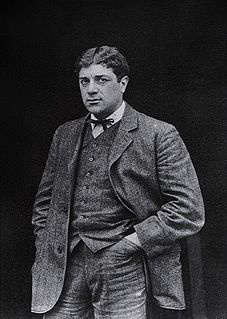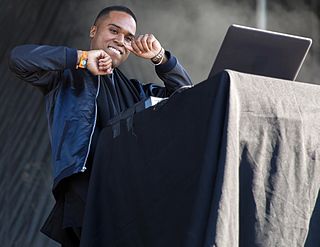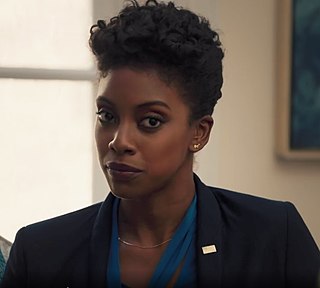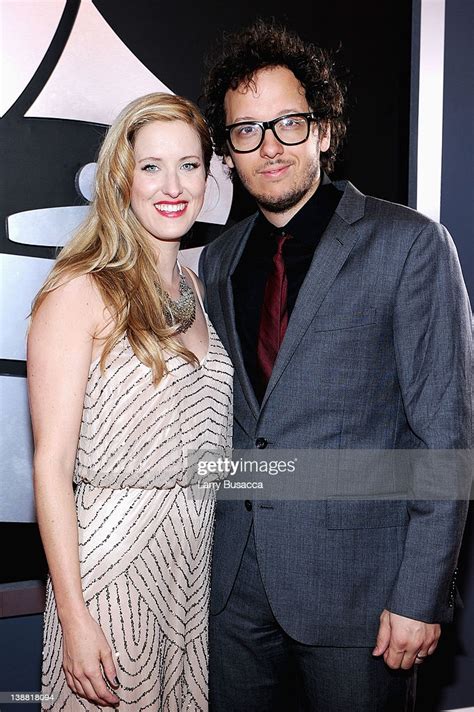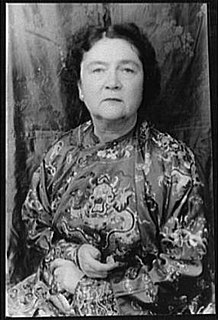A Quote by Milton Avery
I try to construct a picture in which shapes, spaces, colors, form a set of unique relationships, independent of any subject matter. At the same time I try to capture and translate the excitement and emotion aroused in me by the impact with the original idea.
Related Quotes
I haven't come across any recent new ideas in film that strike me as being particularly important and that have to do with form. I think that a preoccupation with originality of form is more or less a fruitless thing. A truly original person with a truly original mind will not be able to function in the old form and will simply do something different. Others had much better think of the form as being some sort of classical tradition and try to work within it.
One of the things I try to do is try to make repetitions, rhymes, and mirrorings across the subject matter of my own books so that the chapter titles and the epigraphs and pictures all kind of form a tapestry. In this book, I retell fifteen of the stories. You have the critical frame, and then you have these rosettes like the motif in a carpet.
Hemingway, damn his soul, makes everything he writes terrifically exciting (and incidentally makes all us second-raters seem positively adolescent) by the seemingly simple expedient of the iceberg principle - three-fourths of the substance under the surface. He comes closer that way to retaining the magic of the original, unexpressed idea or emotion, which is always more stirring than any words. But just try and do it!
